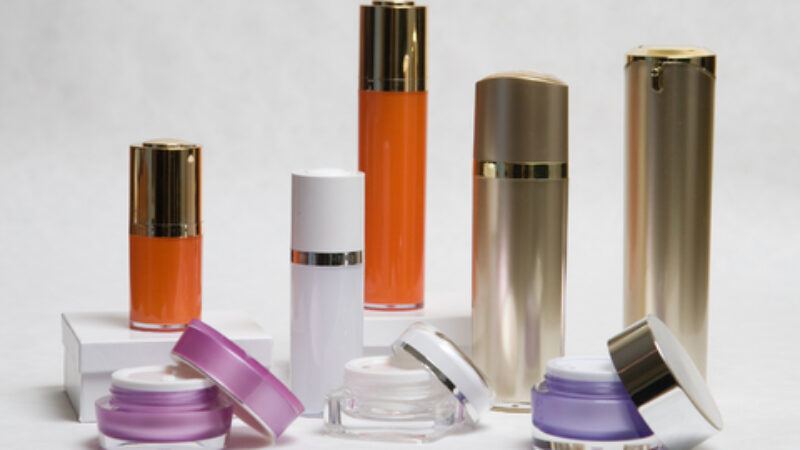One of the latest trends in skin care today is organic skin care. And I say trend because even though many individuals agree on the benefits of organic food and the risks associated with many chemicals and preservatives, neither the Food and Drug Administration (FDA) or Health Canada regulate the terms organic or natural when referring to skin care. For this reason, it’s open to interpretation by cosmetics companies and savvy marketers, leaving you wondering just what you’re buying.
In today’s post, a closer look at organic skin care and whether you should take the leap.
Organic vs Natural Skin Care
In addition to organic skin care, you’ve probably also heard a lot about natural skin care lines. Like those that are organic, natural skin care lines incorporate botanical or herbal ingredients into their formulations. While many of these formulations are based on traditional or anecdotal evidence, it’s important to keep in mind that the effectiveness and safety of many of the botanical extracts have not been fully studied. That’s not to say that you that you should be worried about all organic and/or natural skin care lines. However, it does mean that you shouldn’t readily buy into marketing claims, which aren’t regulated by any federal body.
Any skin care product, whether organic, natural or not, must contain ingredients in adequate concentration to achieve certain effects. While lower concentrations will minimize the potential for irritation and other side effects, the trade off is that you may end up with a product that may be minimally, if at all, effective. And, natural or organic is not a guarantee of a product’s safety. Some organic and natural skin care products claim not to use preservatives; a practice that can potentially give rise to microorganisms and be quite harmful to your skin and health.
Regulations
Although the Food and Drug Administration (FDA) and Health Canada do not regulate the terms organic or natural when referring to skin care, a National Organic Program under the U.S. Department of Agriculture (USDA) oversees and certifies organic production and handling operations. According to the National Organic Program, “Organic crops are raised without using most conventional pesticides, petroleum-based fertilizers, or sewage sludge-based fertilizers.” Thus, organic skin care products must fall under the USDA guidelines in order to be considered organic, and extensive documentation must be maintained by all parties, including ingredient suppliers and product manufacturers.
There are three levels of organic as defined by the USDA:
- 100% organic. Products containing 100% organically produced ingredients, not counting added water and salt
- Organic. Products that are at least 95% organic
- Made with organic ingredients. These products contain at least 70% organic ingredients. The organic seal cannot be used on these packages.
Asking The Right Questions
To help you decide whether it makes sense to purchase an organic or natural skin care product, you should ask several questions:
- Are ingredients present in concentrations that will have an effect on skin?
- Is the formulation chemically and physically stable?
- Can the product penetrate the stratum corneum (skin’s uppermost layer) to actually deliver benefit?
- Does the product contain an effective preservative system? Freshness matters and if not preserved suitably, the product may be ineffective or possibly unsafe.
With all the money that companies spend to convince you that their organic or natural product line is essential to achieving great skin, knowing the right questions to ask can help you make better decisions.
If you are interested in trying organic/natural skin care products consider a new range just introduced – Keys Solar Rx sunblock is an SPF 30+ UVA/UVB blocking sunscreen formulated with just zinc oxide. It delivers a chemical free alternative to conventional sunscreens. The line also contains a range of skin care products including moisturizers, cleanser and eye cream.



